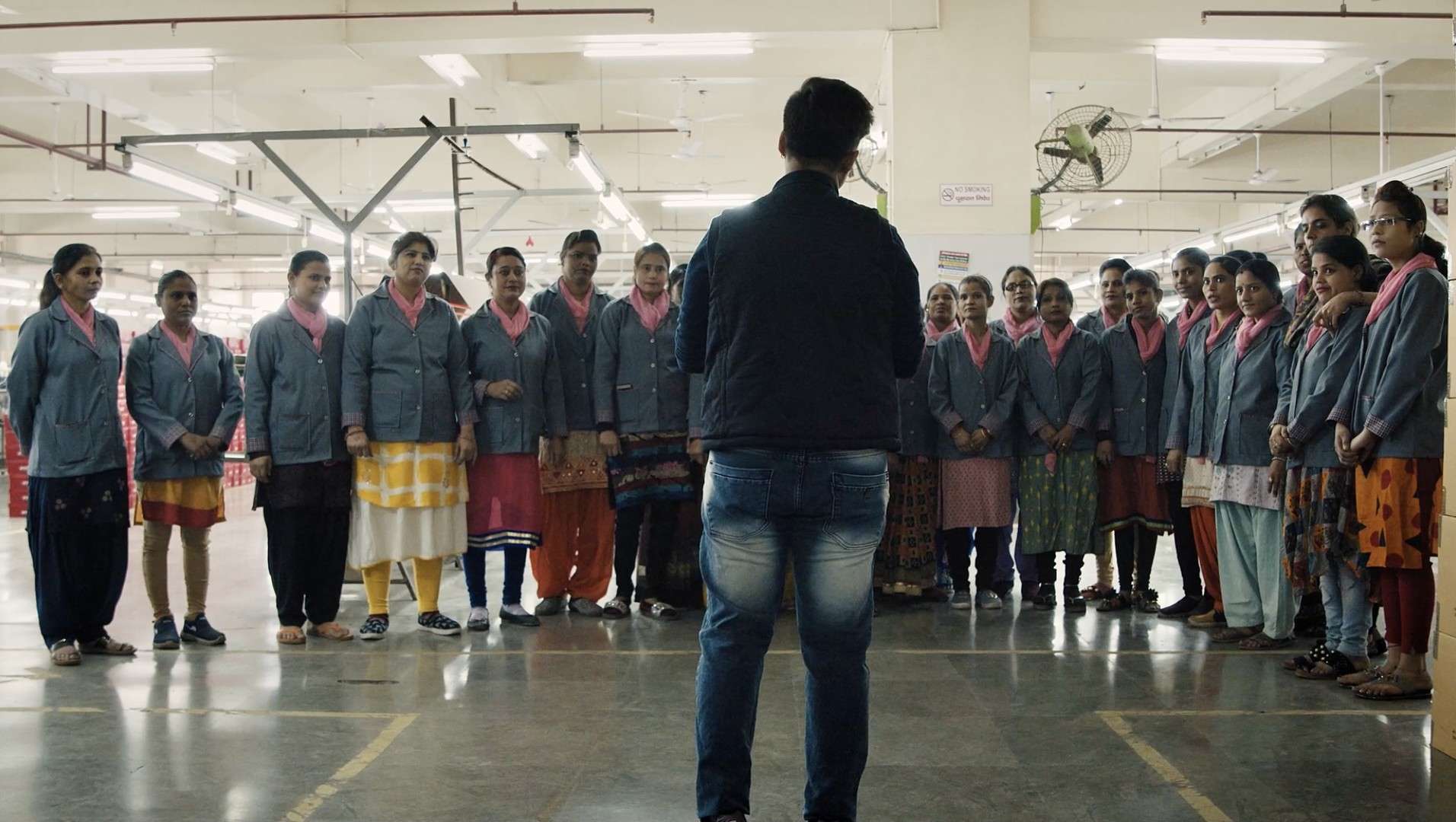Featuring sixteen-time national champion in martial arts, Aparna Rajawat is the central figure in filmmaker John McCrite’s “Pink Belt.” Named after Rajawat’s social-cause project ‘Pink Belt Mission’ the doc uses an interesting visual cue; Rajawat trying to mount an event that attempts to break the Guinness World Record for a lesson training a maximum number of women gathering together to understand self-defense at its most basic.
However, most of the documentary is also about her; as a young girl who always wanted to be a boy because the patriarchal nature of the society that we live in treats boys like kings and girls like servants. It follows her talking about her early life where she posed like a boy, cut her hair short, and joined a local trainer in Agra to compete in competitions. She was of course great at it, however, being a woman always made her vulnerable to being treated like she did not belong or did not deserve the life that she wanted for herself.
The repressed nature of her story mirrors that of almost all women in the country who are often ‘othered’ in their own homes. When she recounts the time when she wasn’t offered milk in her middle-class household because it was meant for her ‘strong’ brothers is heartbreaking. Her journey is of course inspiring but also bleak and sad. Like most women in India who have, in some way encountered some kind of physical, mental, or sexual abuse, Rajawat, possibly for the first time, confesses about how she kept her being abused away from every single person because she felt like that is what she deserved.

The documentary alternates between her recounting her early life and going to her first home among other things, but it also accounts for the present-day scenario where she is trying her best to establish women’s safety as a norm, building her organization that will help women become independent and take care of themselves. An important figure that also emerges in the story is Mansi Chandra – a factory owner who teaches women skills that will make them more independent. She talks about how important Rajawat’s work is and how she should be supported in any way possible. The documentary implicates romantic involvement between Rajawat and Chandra but since it is never clearly depicted, we can’t make that assumption.
Now, “Pink Belt’ is an inspiring examination of one woman’s resilient journey, but it also occasionally feels like a self-promotional plea to gather funding for her efforts. As important as her efforts are, they take you away for a second or two from her complex journey. Rajawat’s fake accent is also really bothersome and disturbs the flow of this character study. That said, “Pink Belt’ should be taken seriously because at the end of the day, it is an inspiring hero’s journey, and in today’s time where rape and acid attacks are rampant in the country, her life would make more people aware of what they can do to be more secure. The documentary tells us that empowerment starts from within.








